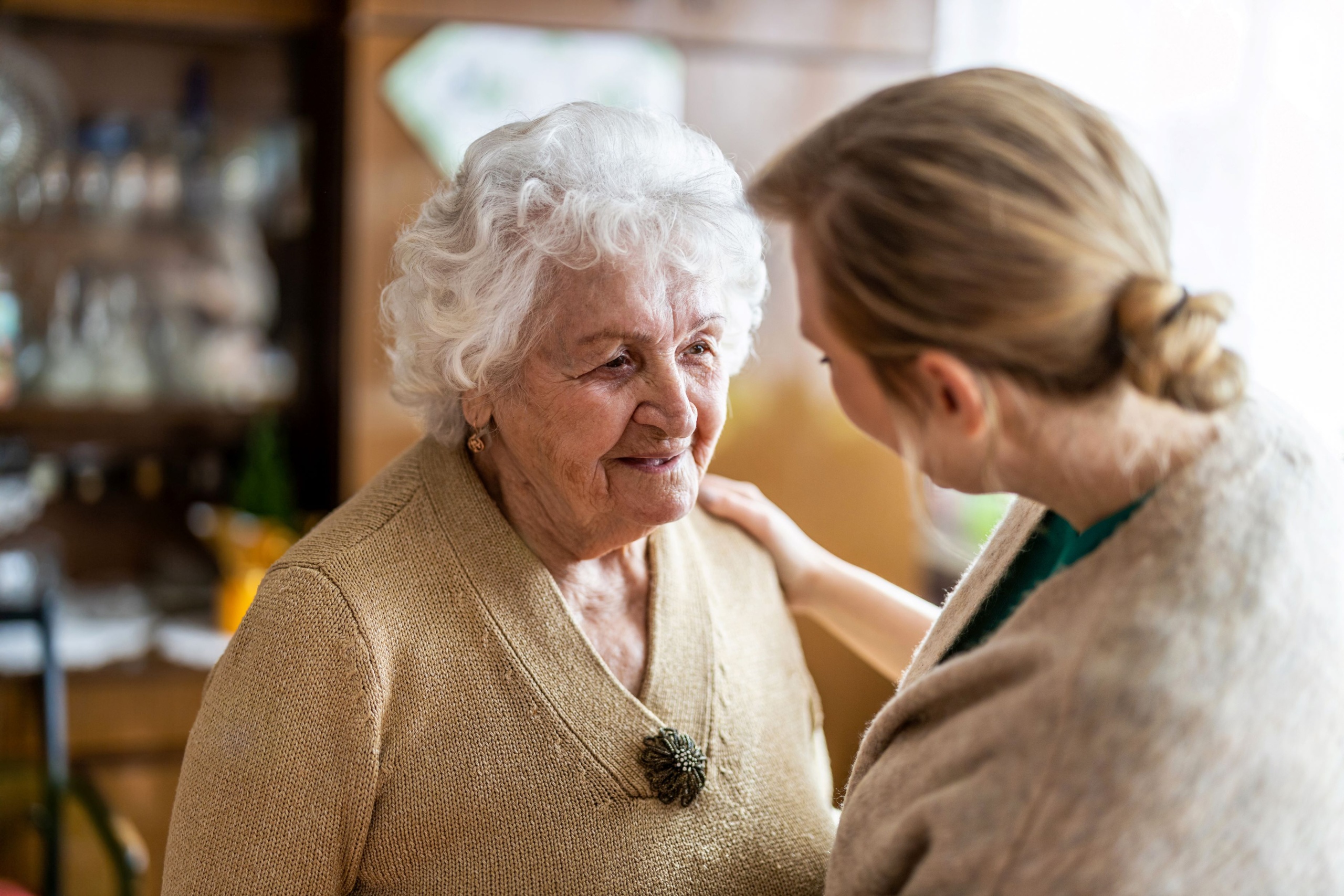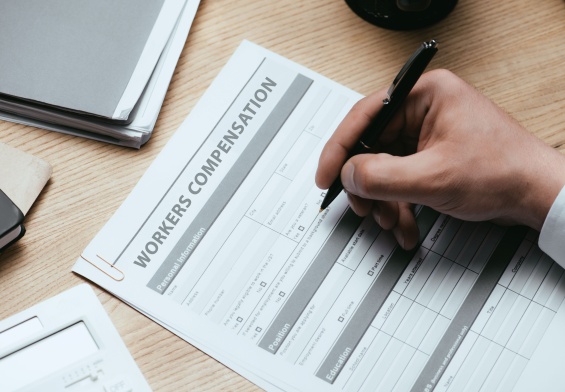As the population ages, many families find themselves searching for in-home care services for their elderly loved ones. Senior in-home care offers a comfortable alternative to nursing homes, allowing seniors to receive the care they need in the comfort of their own homes. However, when it comes to around-the-clock care, ensuring the safety of seniors becomes a top priority. From caregiver background checks to state regulations for in-home care, several legal protections are in place to safeguard senior safety and prevent elder abuse. This article will explore these protections and what families should know about securing safe 24-hour care for seniors.
The Importance of Legal Protections for Seniors
When entrusting the care of an elderly loved one to a caregiver, the need for legal protections becomes paramount. Whether it’s ensuring that caregivers are properly trained and licensed or implementing robust elder abuse prevention strategies, these safeguards are crucial in protecting seniors from harm.
Families must also navigate various state regulations for in-home care, which differ from state to state. These laws govern everything from caregiver licensing to the minimum standards for care, ensuring that seniors receive the highest level of care. In addition, legal protections for seniors include laws that hold caregivers accountable for their actions, giving families peace of mind that their loved ones are safe.
Caregiver Background Checks: A Crucial First Step
One of the most important legal safeguards in place for seniors is the requirement of caregiver background checks. These checks help to identify any criminal history or instances of past misconduct that may disqualify an individual from providing care.
When hiring a caregiver for safe 24-hour in-home care, families should confirm that the provider has completed a thorough background screening. Caregivers with a history of abuse, neglect, or criminal behavior can pose a significant risk to seniors, so ensuring this step is non-negotiable. Many states require these checks as part of their state regulations for in-home care, but families should still take it upon themselves to verify that they have been completed.
State Regulations for In-Home Care
Each state has its own set of rules governing home health care services, which aim to protect seniors from exploitation, abuse, and neglect. These state regulations for in-home care set minimum standards for caregiver training, licensing, and conduct. They also dictate the procedures for conducting caregiver background checks and outline the responsibilities of in-home care providers.
When looking for a caregiver, it’s important to be aware of these state laws governing senior care to ensure that the provider complies with all necessary regulations. These rules are not just in place to prevent elder abuse; they also ensure that caregivers are properly trained and equipped to handle the specific needs of seniors, especially those requiring around-the-clock home care.
For example, caregivers may need specialized training in areas like dementia care, medication management, or mobility assistance. By adhering to state laws, families can have confidence that their loved one is receiving care from qualified individuals.
Elder Abuse Prevention and Senior Safety
Unfortunately, elder abuse is a serious concern in the realm of senior in-home care. Cases of financial exploitation, physical abuse, and neglect can happen even in home care settings, which is why elder abuse prevention laws are in place. These laws require caregivers to report any signs of abuse, and they outline the steps that families can take to seek legal recourse if abuse is suspected.
Families should be aware of these protections and understand how to monitor for signs of abuse. Regular check-ins with both the caregiver and the senior can help ensure that the caregiving arrangement is working well. Additionally, knowing the legal steps to take if abuse is suspected can help families act quickly to protect their loved one’s safety.
How to Choose a Reputable In-Home Care Provider
Finding the right caregiver can feel like a daunting task, especially when considering the potential risks. However, following a few key guidelines can help families find a reputable provider who meets all the necessary legal requirements and prioritizes senior safety.
- Verify Licensing and Certification: Make sure the caregiver has the proper certifications and licenses required by your state.
- Check References: Contact previous employers or families that have worked with the caregiver to get an honest review of their performance.
- Confirm Background Checks: Verify that a thorough background check has been conducted to rule out any red flags.
- Ask About Training: Ensure that the caregiver has experience with the specific needs of your loved one, such as dementia care, mobility assistance, or medication management.
- Monitor Care Quality: Even after hiring a caregiver, it’s important to remain involved and check in regularly to ensure that the care provided is meeting your standards.
By following these steps, families can make informed decisions and choose a provider that meets legal requirements for in-home caregivers and prioritizes the safety and well-being of their senior loved one.
Protecting Seniors from Caregiver Exploitation
Caregiver exploitation, whether financial or emotional, is a growing concern in senior care. Legal protections like caregiver background checks and state-mandated caregiver training can help mitigate this risk. However, families should remain vigilant and know how to spot signs of exploitation, such as sudden financial changes or emotional distress.
State laws offer recourse for families who believe their loved one is being exploited, but the best protection is prevention. Ensuring that caregivers are properly vetted and monitored can help reduce the likelihood of exploitation, giving families peace of mind that their senior loved ones are safe.
Ensuring Safe and Legal Care for Seniors: The Bottom Line
Securing safe 24-hour care for seniors requires an understanding of the legal protections in place, from caregiver background checks to state regulations for in-home care. By staying informed and actively involved in the care process, families can ensure that their loved ones receive the highest standard of care while remaining protected from abuse and exploitation. Whether you’re navigating elder care for the first time or transitioning to around-the-clock care, legal protections are in place to ensure that seniors receive quality care and maintain their dignity in the process.




